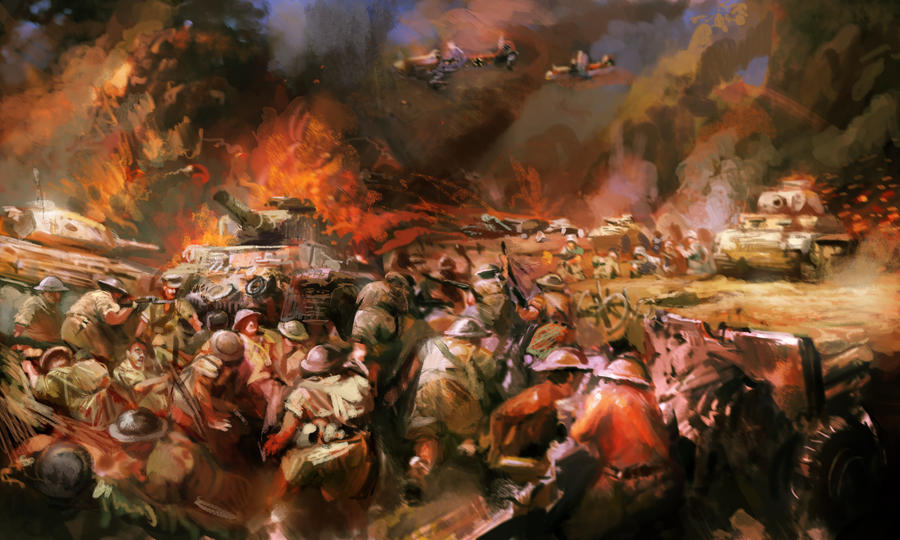Swapna Sundari
(First Draft.)
Tripoli 6
I go back there where the
Brits and Germans had been
during the time of WW II
and slip past those from all of Africa and the Indians and all those men
from Alexandria that Durrell wrote of, cross the colourful marketplace
steal past the waiting eyes of soldiers and
guns
and the robed Anglican priests
to the niche behind the bells of the church
to make love to you there
and take you to the closed one too
near the serene mosque
in Al Khums (13)
the one that I tried to get re-opened
and there too devour you
imagining we are gay and you are a boy
(13) This section that refers to Leptis Magna, Al Khums and Triploi points out that it has been colonized by Phoenicians, Greeks, Romans, Italians besides having Africans, the Arabs who came first and Indians etc., and Tripoli has seen both the British and Germans in plenty. The history of Libya, especially these two places, is richer or so it seemed to me than that of Alexandria, especially the one Lawrence Durrell portrays. The church referred to, the beautiful Grecian St George church in Tripoli, was looted and destroyed recently, Ghadafi's dictatorship was better for all concerned than what has been ushered in by the so called fundamentalist /fanatic/seemingly democratic Arab Spring revolutions which are intolerant to both those in the Muslim religion and outside as time has begun to show clearly. The USA meanwhile does what Rome and the others did once, take away the oil. Leptis Magna has to be seen to be believed. Al Khums means 'fifth of' or one fifth.

Desert War - North Africa WW2 -- Mitchell Nolte
Lawrence Durrell moved to Kérkyra (Corfu) in 1935 to escape what he regarded as the stultifying English culture, which he described as "the English death" and published his first novel. In 1937 he traveled to Paris to collaborate on a publishing venture with Henry Miller and Anaïs Nin; Durrell’s part of the project, the novel “The Black Book: An Agon,”was published in Paris in 1938 but not published in the UK until 1973 due to its pornographic Milleresque nature. (Durrell said that he had found a copy of Miller’s “Tropic of Cancer” in a public lavatory and that reading it shook him "from stem to stern.") After the German conquest of Greece in 1941 he fled to Alexandria, Egypt, and found employment as a diplomatic press attaché. In 1957, he published “Justine,” the first part of his relativistic tetralogy, “The Alexandria Quartet,“ (which also included “Balthazar”and “Mountolive,” both 1958, and “Clea,” 1960). The first three books tell essentially the same story but the series of events is told from the varying perspectives of different characters, and the fourth novel forward in time and reaches a conclusion. In 1962 he was shortlisted for a Nobel Prize, along with the American novelist John Steinbeck, the British poet Robert Graves, the French dramatist Jean Anouilh, and the Danish writer Karen Blixen, but the Svenska Akademien (the Swedish Academy) gave the prize to Steinbeck at least in part because of Durrell’s preoccupation with erotic complications. As a result of a 1977 amendment to the 1962 Commonwealth Immigrants Act, intended to reduce immigration from India, Pakistan, and the West Indies, Durrell, who had been born in India and had worked in various British diplomatic capacities during much of his life, was classified as non-patrial because he had not registered as a British citizen; even though he was one of the country’s best selling and most celebrated writers of the time, he had to apply for a visa every time he entered the UK.
ReplyDeleteThe North African Campaign of the Second World War (1940-1943) included military operations campaigns in the Libyan and Egyptian deserts, Morocco, Algeria, and Tunisia. It began on 14 June 1940, four days after Italia entered the war, when British troops in Egypt invaded Libya. Rodolfo Graziani led the Italian 10th Army attacked Egypt in September, but general Archibald Wavell withdrew his forces to Mersa Matruh on the Egyptian coast. Graziani advanced as far as Maktila, 80 mi (130 km) west of Mersa Matruh, and halted due to supply problems, then took a defensive position at Sidi Barrani. In December the Italians withdrew and the British seized the ports at Bardia and Tubruq (Tobruk). The 10th Army was annihilated in the campaign. But in February 1941 Germany sent Erwin Rommel’s Deutsches Afrika Korps to reinforce the Italians. In March, Rommel launched an offensive from El Agheila, forcing the Australian 9th Infantry Division (“the Rats of Tobruk”) to withdraw to Tobruk while the rest of the Allied forces withdrew a further 100 mi (160 km) east to the Libyan–Egyptian border.Rommel besieged Tobruq with his main force and sent smaller units to seize strategic areas in Egypt. But the Allied hold on Tobruq created a bottleneck for Rommel’s operations. After failing to relieve Tobruq, Wavell was replaced by Claude Auchinleck, who was reinforced by the 8th Army under Alan Cunningham, who launched a new offensive in November. Rommel was forced to withdraw from Tobruq in December. However, Rommel renewed his offensive , defeated the Allies at Gazala in June 1942 and captured Tobruq, then drove the 8th Army back into Egypt. Rommel’s advance was stopped at El Alamein, 90 mi (140 km) from Alexandria, in July. Auchinleck was replaced by Harold Alexander, and Cunningham by William Gott, who was slain and replaced by Bernard Montgomery. After Montgomery defeated Rommel at El Alamein in October, the Allies recovered Tobruq in November. The Libyan phase of the war was essentially over, and the main operations shifted as the Americans invaded French North Africa.